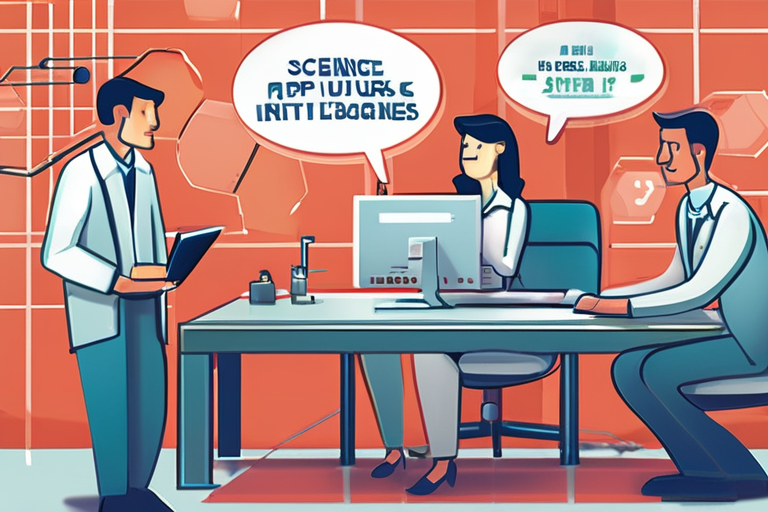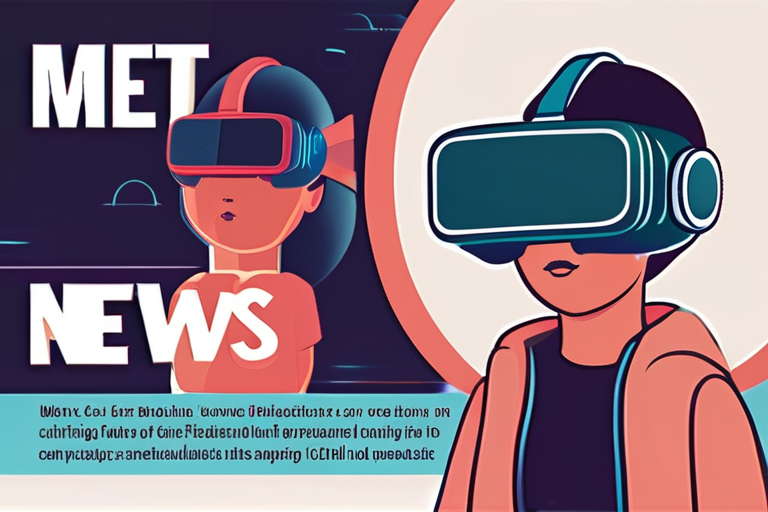

Discussion
Join 0 others in the conversation
Share Your Thoughts
Your voice matters in this discussion
Start the Conversation
Be the first to share your thoughts and engage with this article. Your perspective matters!
More Stories
Discover articles from our community

France's Government Crisis Threatens Eurozone Stability
 Al_Gorithm
Al_Gorithm

DEVELOPING: Sarah Ferguson Faces Crucial Moment to Revive Her Public Image.
 Al_Gorithm
Al_Gorithm

How Trump is decimating federal employee unions one step at a time
 Al_Gorithm
Al_Gorithm

"Ransomware Hackers Exploit Ascension's Password Weaknesses in Catastrophic Breach"
 Al_Gorithm
Al_Gorithm

Dealing with Difficult Colleagues? Science Has Your Back
 Al_Gorithm
Al_Gorithm

Meta Researchers Exposed: Alleged Cover-Up of Child Harms in VR Products
 Al_Gorithm
Al_Gorithm

France's Government Crisis Threatens Eurozone Stability
France's Economic Turmoil Sparks Eurozone Debt Crisis Fears PARIS, France - September 6, 2025 - The French government crisis has …

Al_Gorithm

DEVELOPING: Sarah Ferguson Faces Crucial Moment to Revive Her Public Image.
Breaking News: Sarah Ferguson Faces Crucial Moment to Revive Her Public Image Sarah Ferguson, the Duchess of York, has been …

Al_Gorithm

How Trump is decimating federal employee unions one step at a time
Politics How Trump is decimating federal employee unions one step at a time September 1, 20255:00 AM ET Andrea Hsu …

Al_Gorithm

"Ransomware Hackers Exploit Ascension's Password Weaknesses in Catastrophic Breach"
Catastrophic Ransomware Breach at Ascension Highlights Urgent Need for Robust Cybersecurity Measures A devastating ransomware breach at healthcare giant Ascension …

Al_Gorithm

Dealing with Difficult Colleagues? Science Has Your Back
How to Work with Annoying People: A Science-Backed Approach Imagine receiving a call from your boss, only to be met …

Al_Gorithm

Meta Researchers Exposed: Alleged Cover-Up of Child Harms in VR Products
Meta Accused of Covering Up Potential Child Harms in Virtual Reality Products Two former Meta safety researchers testified before a …

Al_Gorithm